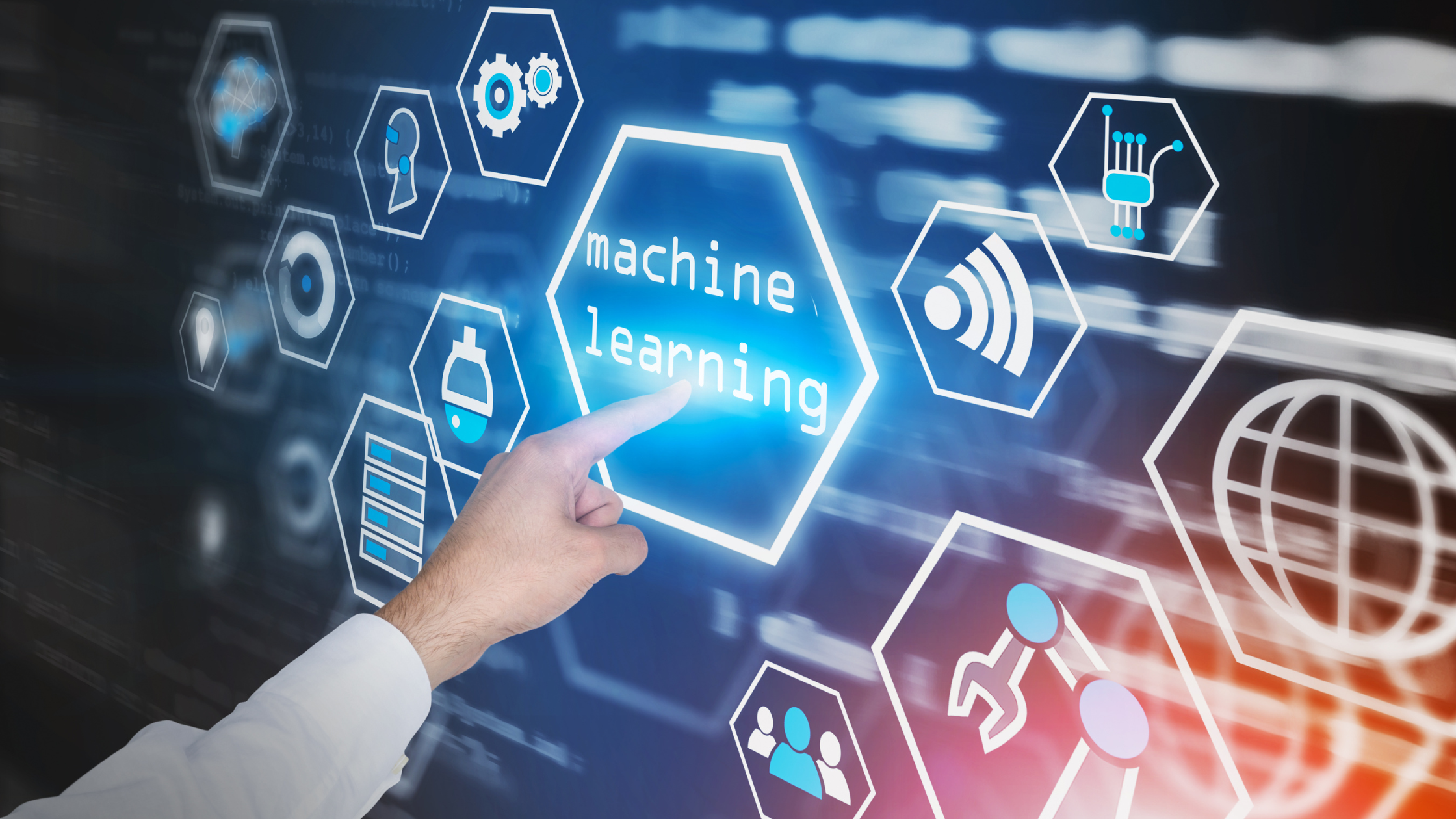In today’s data-driven world, organizations are constantly seeking ways to optimize their return on investment (ROI). Two key pillars in achieving this optimization are MLOps (Machine Learning Operations) and Data Analytics. When effectively integrated into an organization’s operations, these technologies can significantly contribute to increasing ROI. In this article, we will explore how MLOps and Data Analytics can be harnessed to boost ROI.
1. Enhanced Decision-Making
Data Analytics plays a pivotal role in enhancing decision-making processes. By collecting, analyzing, and visualizing vast amounts of data, organizations gain valuable insights into customer behavior, market trends, and internal operations. These insights empower decision-makers to make informed choices, which can lead to better resource allocation and more strategic investments. As a result, ROI is positively impacted by reducing the likelihood of poor decisions.
2. Predictive Analytics for Efficiency
Predictive analytics, a subset of Data Analytics, allows organizations to forecast future trends and outcomes. By using historical data and advanced statistical models, companies can optimize their operations, reduce waste, and streamline processes. For instance, predictive maintenance can help prevent equipment breakdowns, reducing downtime and increasing overall productivity, ultimately leading to higher ROI.
3. Personalized Marketing and Sales
Data Analytics enables organizations to create highly targeted marketing campaigns. By analyzing customer data, businesses can understand individual preferences and behaviors. This knowledge allows for the creation of personalized marketing content, leading to increased customer engagement and higher conversion rates. This personalized approach often results in a more significant ROI as compared to generic marketing strategies.
4. Continuous Improvement with MLOps
MLOps is the practice of streamlining the machine learning lifecycle, from model development to deployment and monitoring. This approach allows organizations to continuously improve their machine learning models, making them more accurate and efficient. As models become more precise, they can provide better insights, optimize processes, and automate decision-making, all of which can directly impact ROI.
5. Automation for Efficiency
Automation is a key component of MLOps. By automating tasks such as data preprocessing, model training, and deployment, organizations can reduce operational costs and increase efficiency. Automated systems also reduce the potential for human error, ensuring consistent and reliable results. These efficiency gains contribute directly to ROI by reducing operational overhead.
6. Fraud Detection and Risk Management
Data Analytics and MLOps are instrumental in fraud detection and risk management. By analyzing transaction data and implementing machine learning algorithms, organizations can identify unusual patterns indicative of fraud or high-risk situations. This proactive approach not only saves money by preventing losses but also enhances an organization’s reputation, which can lead to increased customer trust and, subsequently, ROI.
7. Customer Retention and Lifetime Value
Data Analytics can help identify at-risk customers and predict churn. By intervening with personalized offers or retention strategies, organizations can extend customer lifetime value (CLV). Keeping existing customers is often more cost-effective than acquiring new ones, making this an effective way to boost ROI.
8. Real-time Analytics
Real-time Data Analytics allows organizations to respond quickly to changing market conditions. Whether adjusting pricing strategies, restocking inventory, or reallocating resources, real-time insights enable businesses to make timely decisions that can positively impact ROI.
Conclusion
MLOps and Data Analytics are powerful tools that can significantly increase an organization’s ROI. By harnessing the insights gained from data analysis and deploying machine learning models efficiently, businesses can make better decisions, optimize operations, enhance customer experiences, and reduce costs. When used strategically, these technologies become invaluable assets that contribute to the bottom line, making the investment in MLOps and Data Analytics a wise choice for organizations looking to maximize their ROI in today’s data-driven world.


